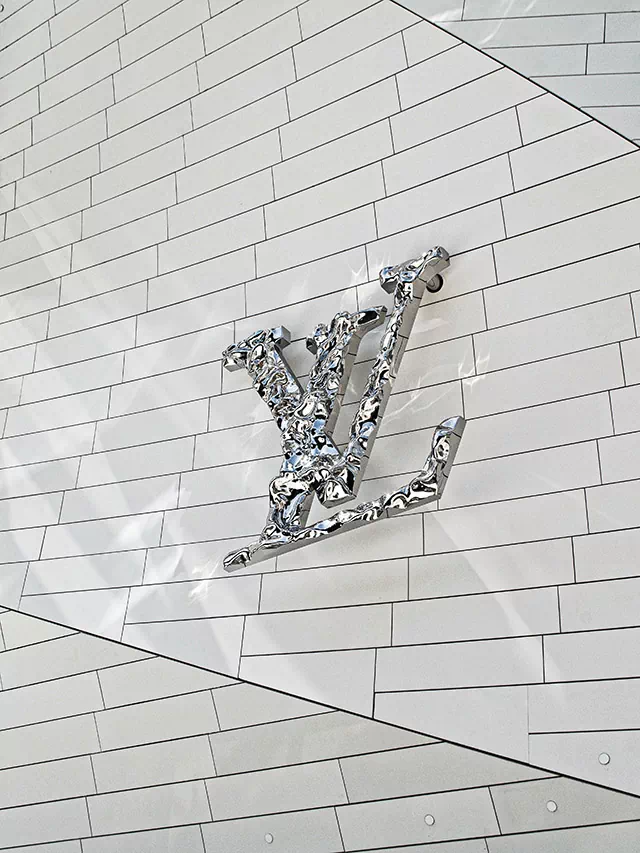Exclusivity is a key characteristic of luxury brands, and is what sets them apart from mass-market brands. Luxury brands are often associated with quality, craftsmanship, heritage, and prestige, and are coveted by consumers for their ability to convey wealth, status, and success. The exclusivity of a luxury brand is created through a combination of factors, including design, craftsmanship, marketing, and brand reputation, among others. By creating an aura of exclusivity, luxury brands are able to appeal to consumers who are seeking to distinguish themselves from the masses and signal their success and affluence to others. The exclusivity of a luxury brand is a key factor in determining its value, as consumers are willing to pay a premium for the prestige and exclusivity that comes with owning a luxury product.
Luxury brands create exclusivity by utilizing various strategies, such as.
- Limited Availability: By producing a limited number of products, luxury brands create a sense of scarcity that drives demand and exclusivity.
- High Price Points: Luxury brands set their prices at a premium to create an impression of high value and exclusivity.
- Unique Design and Craftsmanship: By offering products with unique designs and high-quality craftsmanship, luxury brands set themselves apart from other brands and create an aura of exclusivity.
- Marketing and Branding: Through effective marketing and branding campaigns, luxury brands position themselves as being in a league of their own, and create an image of exclusivity and prestige.
- Heritage and History: Brands that have a long history, heritage, and reputation for quality, can create a sense of exclusivity by leveraging their legacy.
- Personalized Services: Offering personalized services, such as private shopping appointments and custom-made products, can help luxury brands create an exclusive experience for their customers.
- Exclusive Clubs and Experiences: By offering exclusive clubs, memberships, and experiences, luxury brands can create a sense of exclusivity and enhance the prestige of their brand.
- Exclusivity through location: Opening flagship stores in prestigious locations, such as high-end shopping districts and luxury malls, can also help create an aura of exclusivity around the brand.
- Exclusivity through collaborations and partnerships: Collaborating with artists, designers, and other luxury brands can help create unique and exclusive products that appeal to consumers.
- Exclusivity through personalization: Offering customers the ability to customize products, such as monogramming or personalizing colors, can create a sense of exclusivity and uniqueness.
Luxury brands aim to create an exclusive image that appeals to consumers who are seeking status, prestige, and unique experiences. By utilizing a combination of the strategies mentioned above, luxury brands are able to differentiate themselves from mass-market brands and create an exclusive image that appeals to consumers. This exclusivity is a key factor in the value proposition of luxury brands, and is what makes them so appealing to consumers who are seeking to distinguish themselves from the masses.


